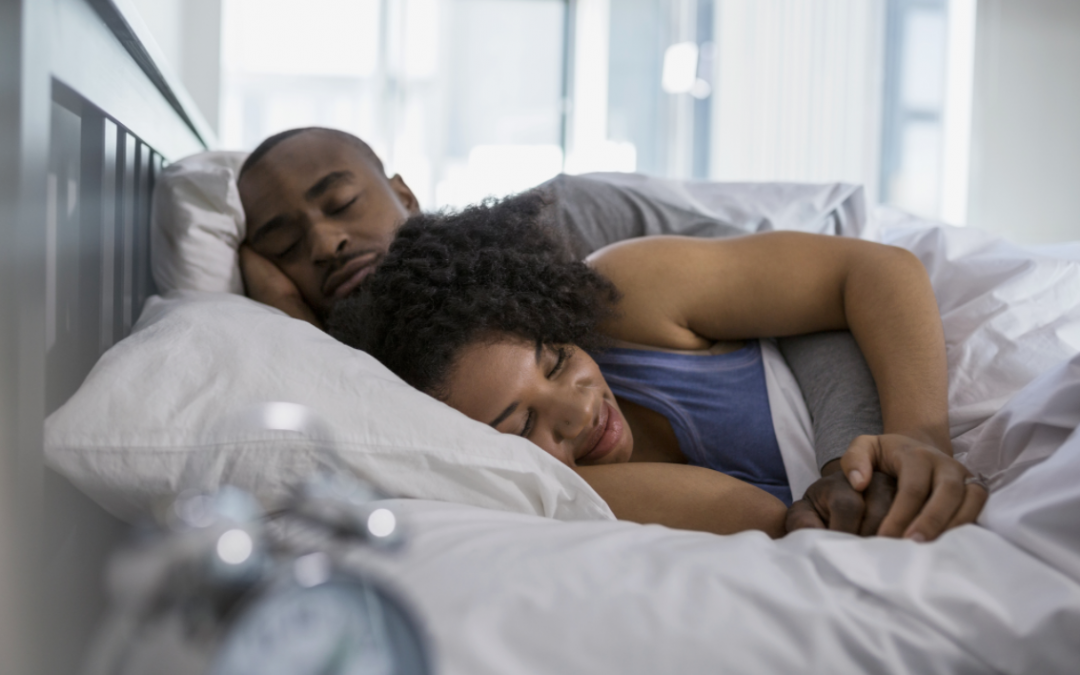How Alcohol Effects Your Sleep
Alcohol can have a profound effect on the quality of sleep we get. Keep reading to learn more!

So, you get home from work, exhausted from the day. You had a brief intermission on the drive home and now it’s time for act 2. Get the fur babies, real babies, or the rest of the family fed, get lunches prepared for the next morning, laundry, kids’ homework, story time, bath time, and finally bedtime. You have been in “go mode” since the early hours of the morning and now it’s time to quiet down, but you can’t. You go to the kitchen, pour yourself a glass of wine, put on some Netflix or crawl into bed and finally take a nice deep exhale.
Maybe this isn’t your exact story, but the feeling is familiar. You’re running on empty, but you still struggle to shut things off at the end of the day to get the sleep you know that you need. That glass of wine, or 2 or 3 is what helps soothe you to sleep. You’re not alone. Recent studies show that about 20% of Americans use alcohol as a sleep-aid. As with all things in life, some things really are too good to be true. Unfortunately, the same glass of wine that seems to help you drift off to dream land is also ruining your much needed sleep.
Why is sleep so important?
So, why does any of this matter? Is sleep really that important? Well, lots of things happen when we sleep. This is the time for our body to reset and restore to keep us healthy and functioning at our best. Our brain stores new information and detoxes waste, the cells of our nervous system reorganize, and our body goes into repair mode by synthesizing proteins and releasing hormones. A lot more goes on at night than dreaming. Consistent high-quality sleep is one of the most important contributors to health & longevity.
Sleeping happens in cycles of NREM (non-rapid eye movement) and REM (rapid eye movement) stages which is essentially stages of awake, light sleep, deep sleep, and REM sleep. One major reason REM is important is because it stimulates the areas of the brain that help with learning and encoding our experiences and memories from the day into storage.
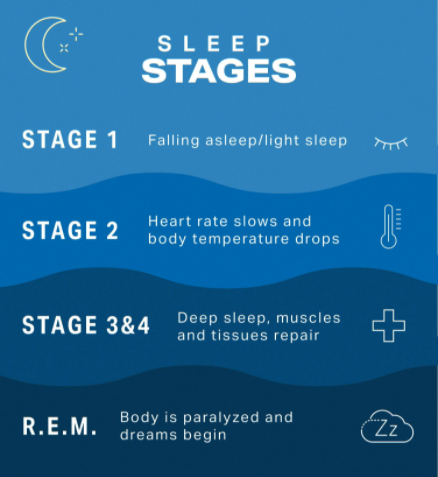
how alcohol effects our sleep
So, how does alcohol effect sleep? Alcohol makes you feel sleepy and fall asleep more quickly, which is why it can feel like a necessity for our bedtime routine. One way it does this is through shifting our body’s internal sleep-wake schedule also known as our circadian rhythm. Our circadian rhythm is kept in sync through many chemicals. For simplification, lets focus on the balance of melatonin (sleepy hormone), adenosine (sleepy neurotransmitter), and cortisol (stimulating hormone) levels. These chemicals work in opposition by rising and falling in levels throughout the day and night to help us fall asleep in the evening and wake in the morning.
Alcohol disrupts this balance by decreasing melatonin production and increasing adenosine levels. Alcohol consumption can decrease melatonin production by nearly 20% and adenosine levels are abnormally and prematurely increased. Normally, adenosine levels naturally and slowly increase throughout the day and by the end of the day they are high enough that we begin to feel tired (in contrast, caffeine actually blocks adenosine from binding where it needs to, and increases cellular uptake, in order to make us feel awake). When we shift or disrupt this intricate balance of chemicals and hormones, we disrupt our circadian rhythm and our REM cycles which leads us to wake up prematurely throughout the night and disturb all of the important tasks our body needs to accomplish while we slumber.
so, what can we do?
You might be thinking “Great, now what?”. Well, I don’t have a miracle cure or pill or product for you but instead I’m going to outline what I, and many experts believe to be a good routine that will help to restore your circadian rhythm and get you a step closer to that restful restoring sleep we all desire.
![]()
Get some sunshine: Go outside for 5-10 minutes of sun exposure first thing in the morning and again at midday. Our circadian rhythm is regulated by bright light during the day to stimulate cortisol and darkness in the evening to stimulate melatonin.

Watch the sunset: As the sun goes down try to catch the pink and purple hues in the sky. These colors tell your body the day is starting to turn into evening and will begin to stimulate melatonin.
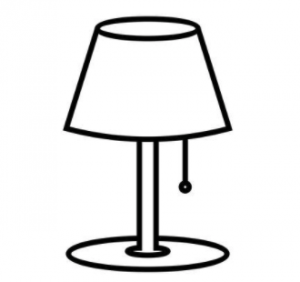
Indoor light schedule: The lights inside your home or office should follow the same schedule as the sun does outside. After 5pm, switch from overhead lighting to lamp lighting or dim lighting if possible.

Wind down: 2 hours before bed, start to slow down any stimulating activity like working on the computer or social media scrolling. Instead, take a hot shower, talk with a family member about their day, meditate, read a book or journal.
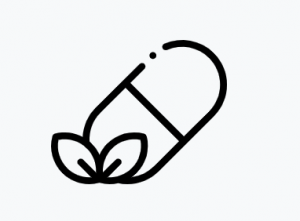
Melatonin: Some research shows that large doses of melatonin like 5-10mg can actually disrupt our natural production of it. Instead take 0.5 – 1mg 1 hour before bed and again at bedtime, if needed.
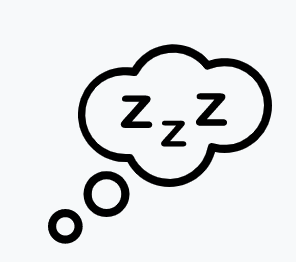
Bedtime: Try to create a schedule for yourself, weekends included. Go to sleep and wake as close to the same time each day as possible and try to get 6-8 hours of sleep.
want to learn more?
Starting a new habit or routine takes time and dedication. If you decide to start down this path towards better sleep give yourself grace, be patient with yourself, and try to recruit some friends or family members to join you so you can have support.
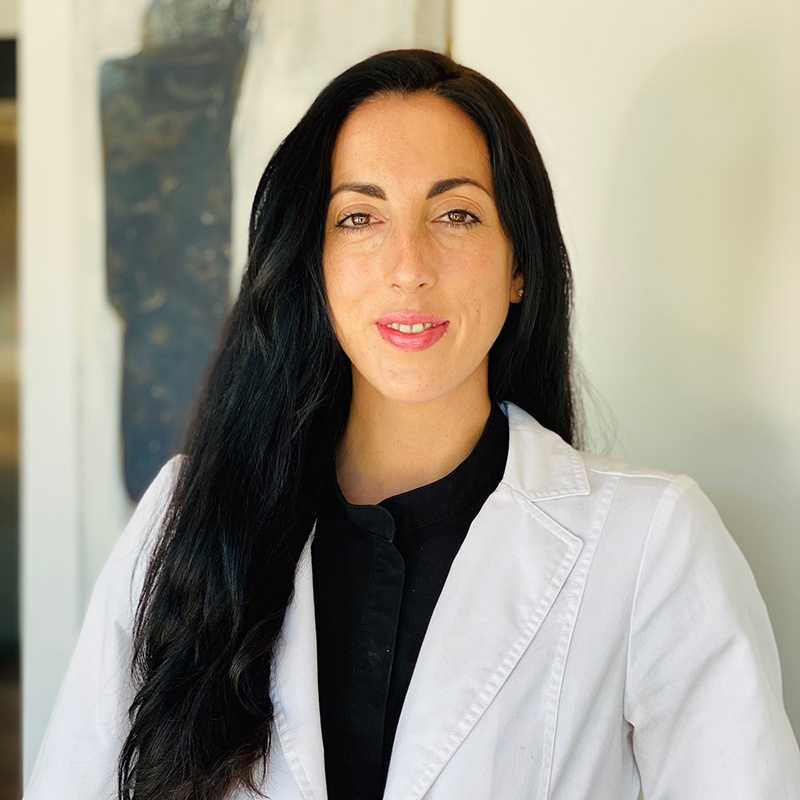
Dr. Mason Martinez earned a Doctorate of Acupuncture and Chinese Medicine (DACM) where she graduated valedictorian, Summa Cum Laude from Southern California University of Health Sciences and with numerous honors and awards. Her concentration has been women’s health focusing on treatments for infertility, PCOS, endometriosis, menopause and hormonal issues.
The information contained in this article is not intended nor implied to be a substitute for professional medical advice, it is provided for educational purposes only.

